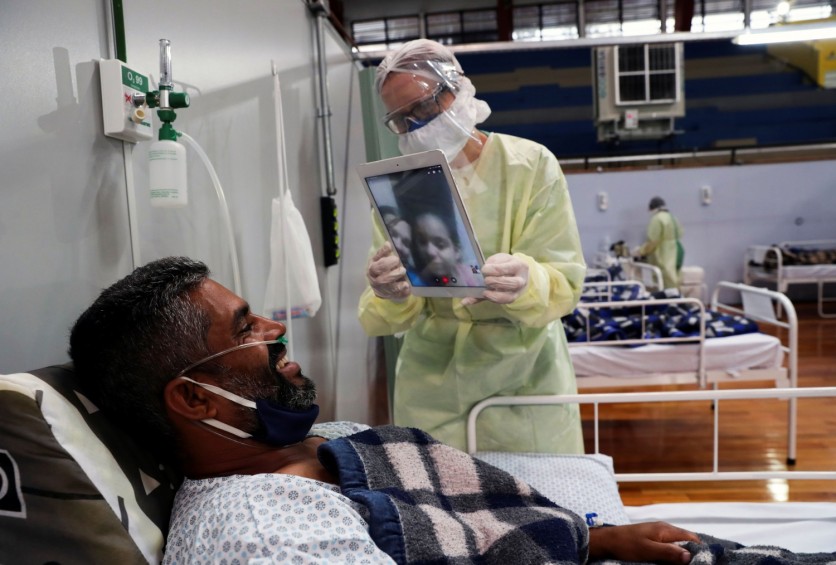If a product claims that its "healing frequencies" can protect you from COVID-19 or that a face brush can "fight off" the coronavirus, it possibly can't back up its promises.

The Federal Trade Commission announced it had sent warning letters to more than 40 companies to prevent making unsubstantiated claims that their items could protect people from COVID-19. That brings a total caution letter count to more than 120 warnings.
ALSO READ : [BREAKING] COVID-19 Update: Lysol Urges People Not to Drink or Inject Disinfectants to Treat Coronavirus
The regulator has taken a harsh stance against companies taking advantage of financial uncertainty and health fears. Yet, court cases of fraud and scams keep flourishing.
No products to cure coronavirus, yet
The U.S. Food and Drug Administration said there are currently no products scientifically validated to prevent or treat the coronavirus. However, that hasn't stopped people and agencies from attempting the advertising and marketing angle.
Andrew Smith, director of the FTC's Bureau of Consumer Protection, stated it was "shameful to take benefit of humans by way of claiming that a product prevents, treats or therapies COVID-19."
"[We see] these false claims for all sorts of products, but anyone who makes them simply has no proof and is likely just after your money," Smith told Fox News.
Ads and product descriptions are in violation of federal regulation if the claims made are "misleading or scientifically unproven," the agency said.
FTC said fake treatments being advertised ranged from high doses of vitamin C, Chinese herbs, ozone treatment, HEPA air purifiers, UV light treatment, and others.
ALSO READ : COVID-19 Update: Summer, UV Lights Won't Likely Save People From Coronavirus - Experts Say
The warned organizations are required to immediately stop making any claims that their items can cure and prevent coronavirus. They're additionally required to report within 48 hours detailing how they addressed the FTC's concerns. The FTC says it's going to follow up with groups that did not respond.
The full list of corporations in question is available on the FTC website. The FTC is also operating to stop COVID-19 related robocalls.
Consumer complaints to the FTC have spiked since the COVID-19 pandemic has spread in the U.S. The commission said it had received more than 15,000 court cases since the start of the year, reports say.
FTC has received more than 17K Coronavirus-related reports from consumers. Consumers reported losing a total of $13.13M to fraud w/ a reported median loss of $568. Latest data now available (posted weekdays): https://t.co/6uLszZGuz3 #COVID19 pic.twitter.com/1Ihh3Uv53v — FTC (@FTC) April 14, 2020
"These are rumors and grifts and scams that are causing real catastrophic consequences for people at risk," Vinny Green, Snopes' chief operating officer, told Business Insider.
Millions of dollars wasted
The latest data from the federal organization shows purchasers have already lost at least $13 million to COVID-19 scams.
The FTC noted a surge in complaints associated with the coronavirus. These scams variety from travel and vacation refund and cancellation deceptions to mobile texting scams and to scammers posing as the government.
The Justice Department asked the public to report any suspected fraud schemes associated with the coronavirus so officers can snuff out scams more quickly.
Pharmaceutical agencies have also been racing to develop remedies and vaccines for the coronavirus. However, drugmakers have stated the vaccines likely won't be ready until sometime in 2021.
ⓒ 2025 TECHTIMES.com All rights reserved. Do not reproduce without permission.




